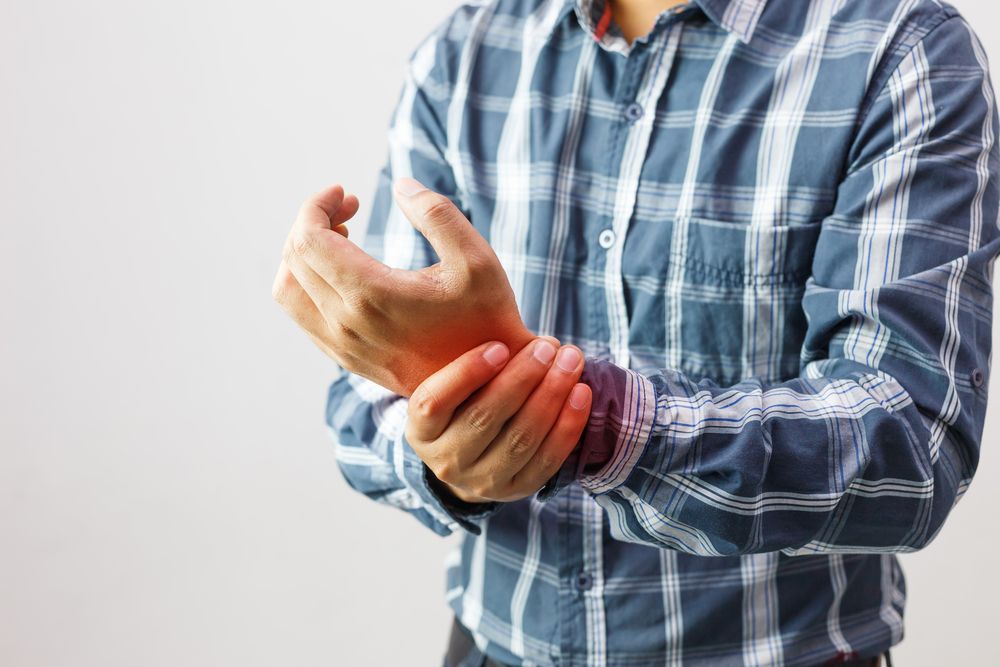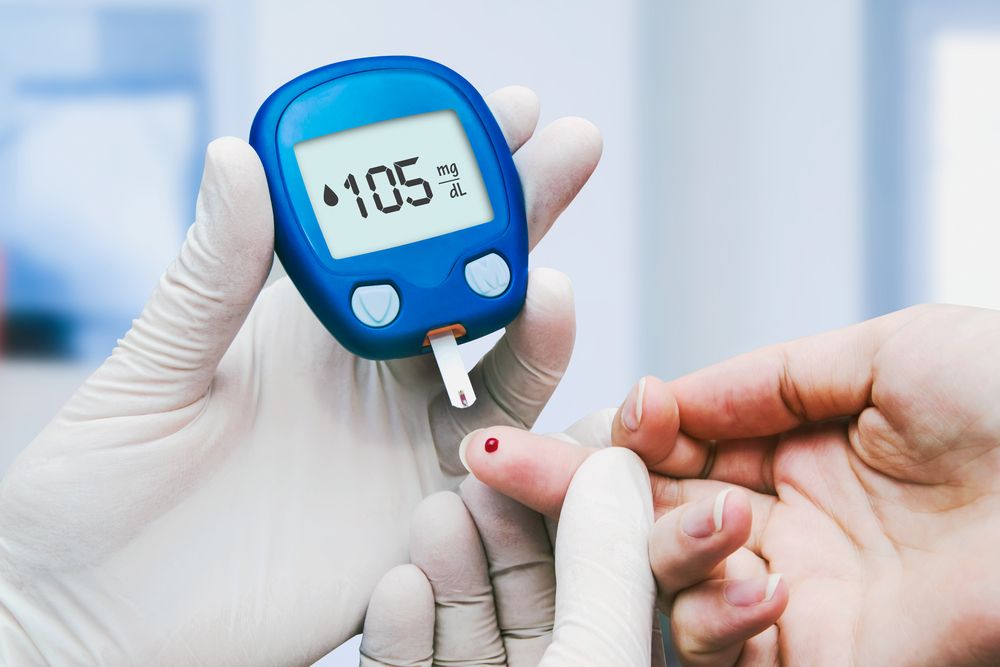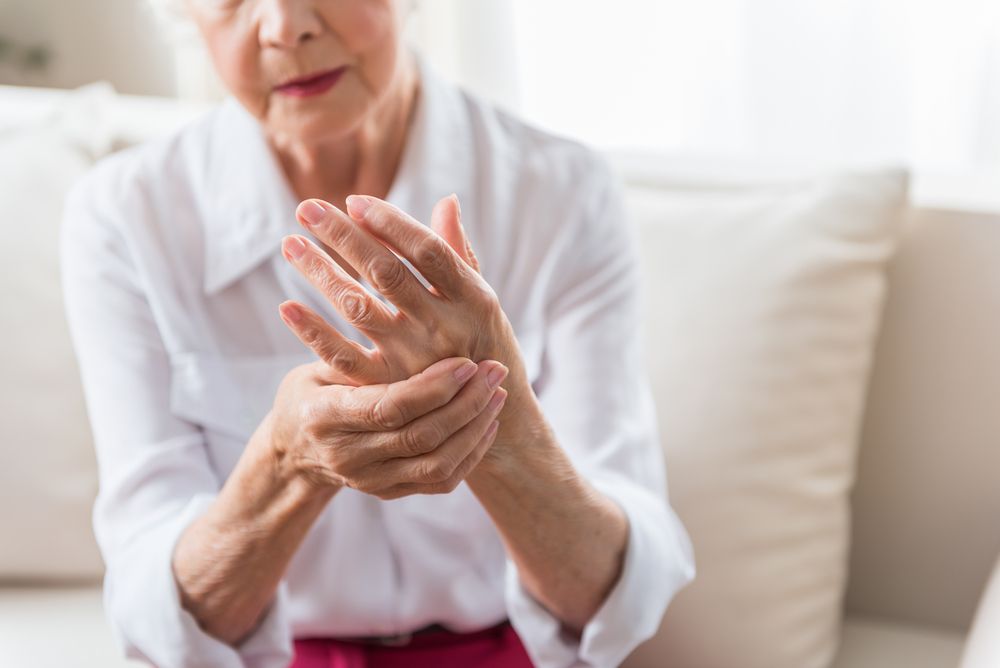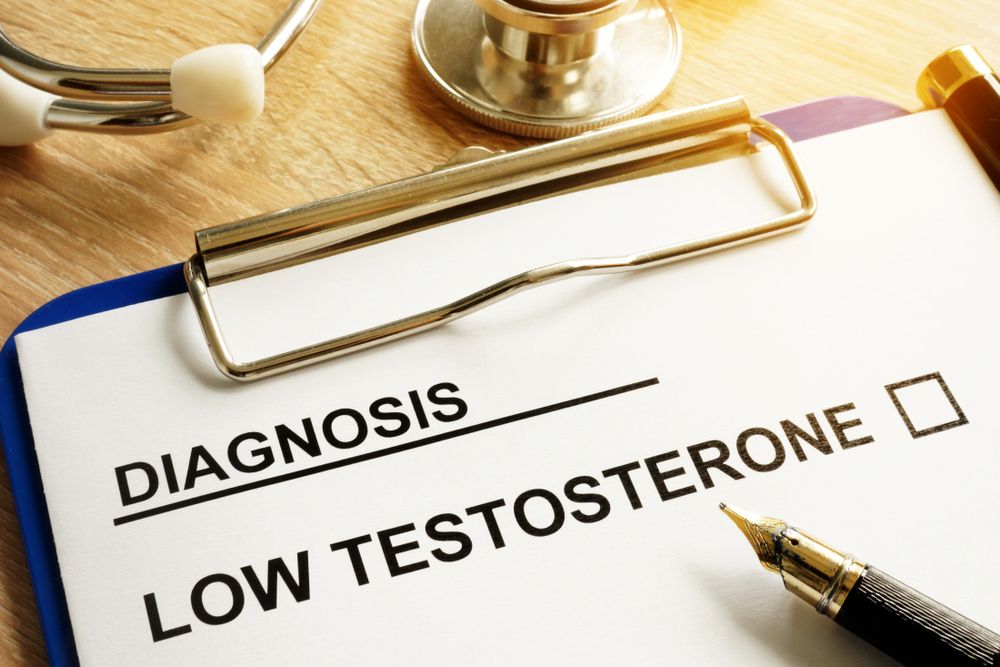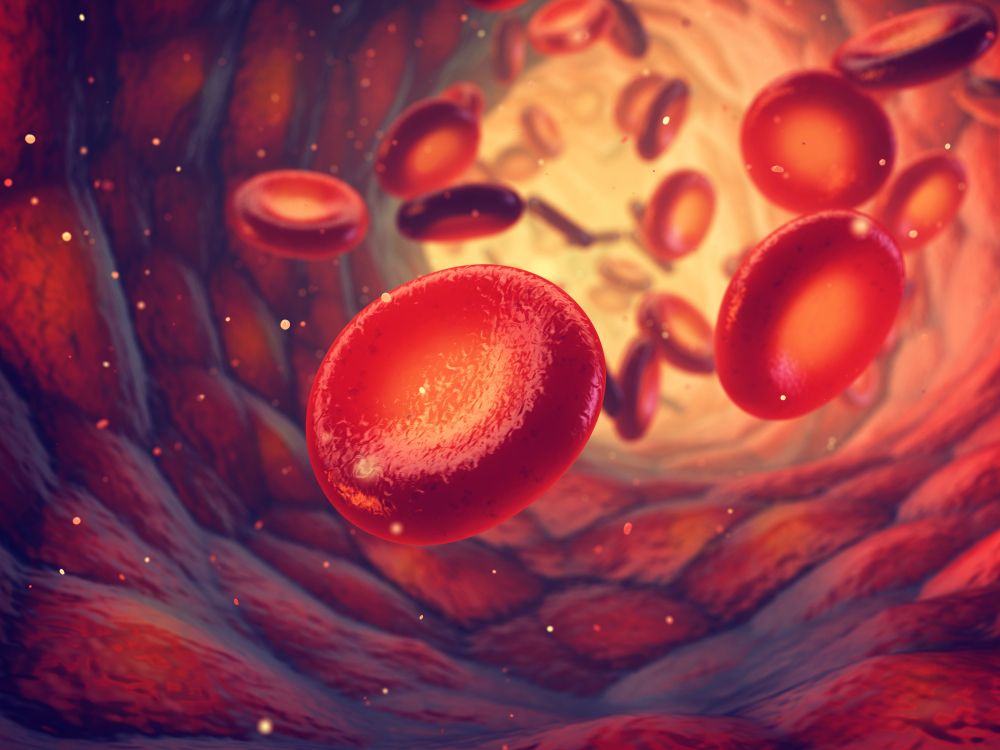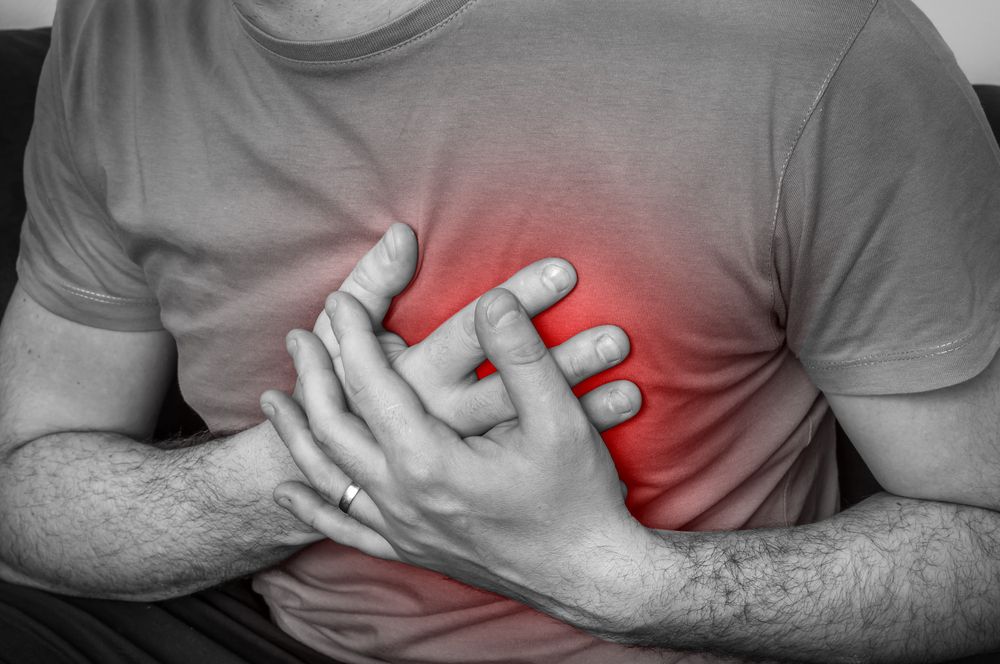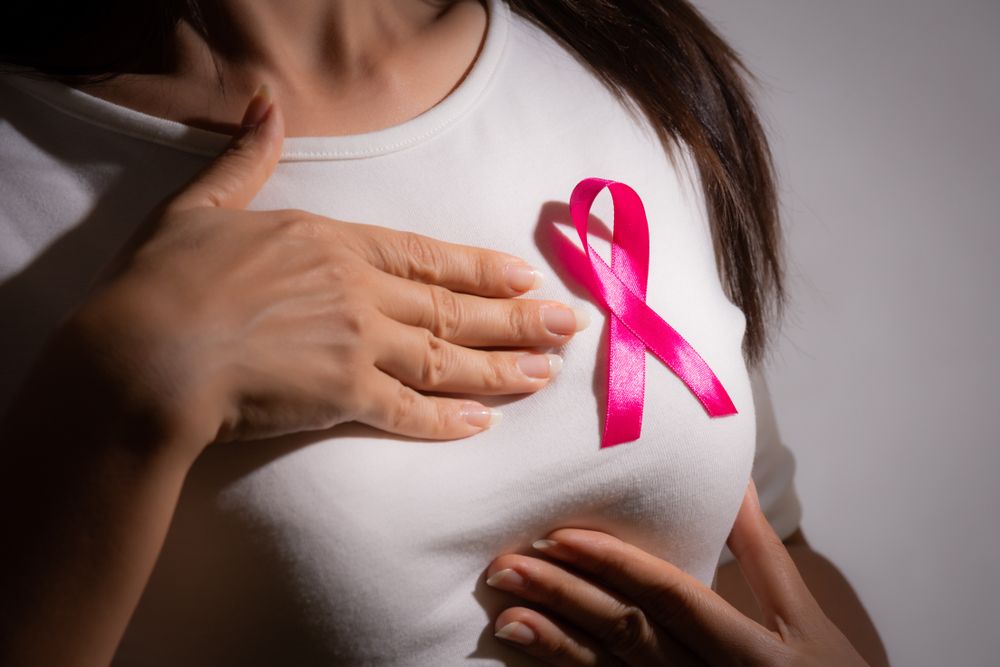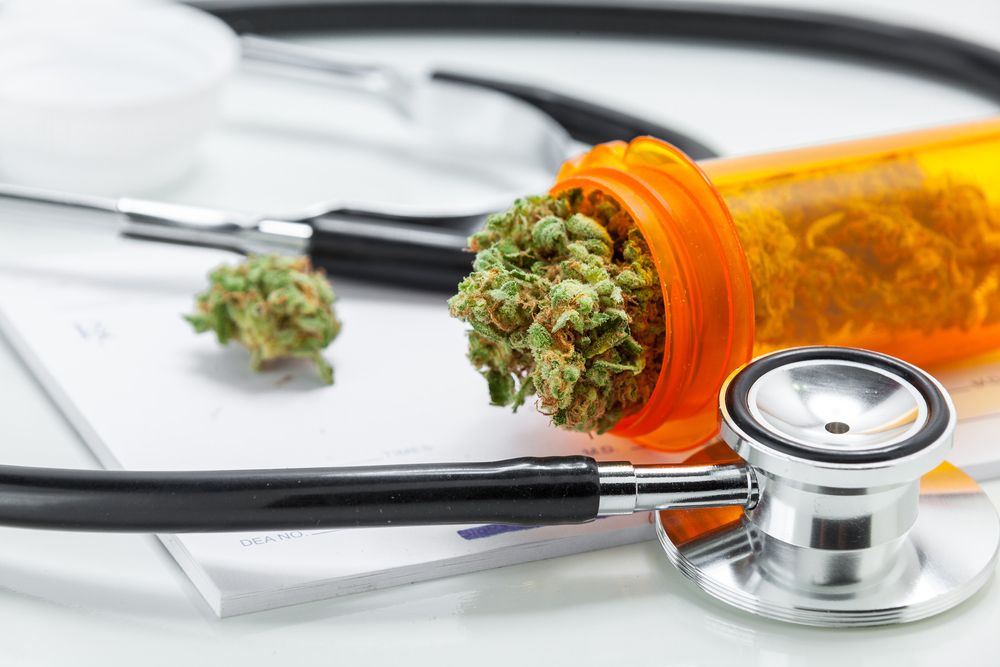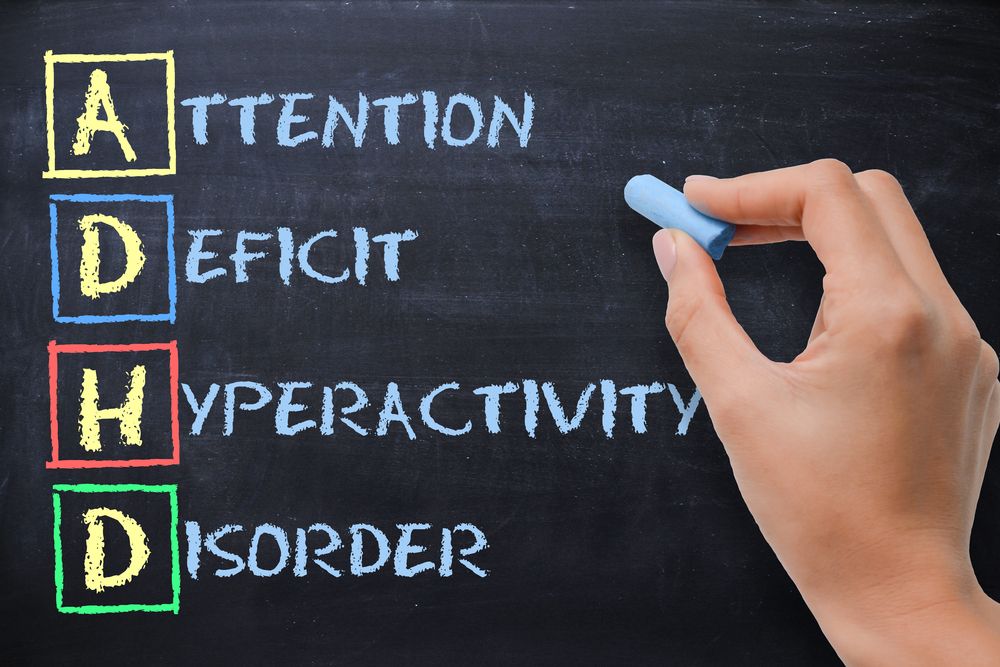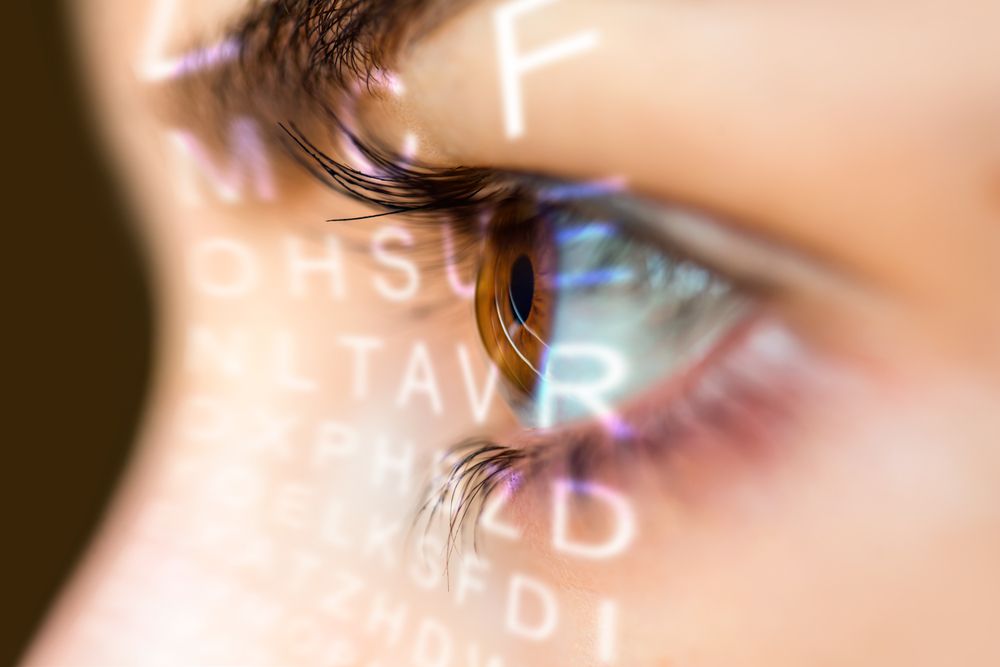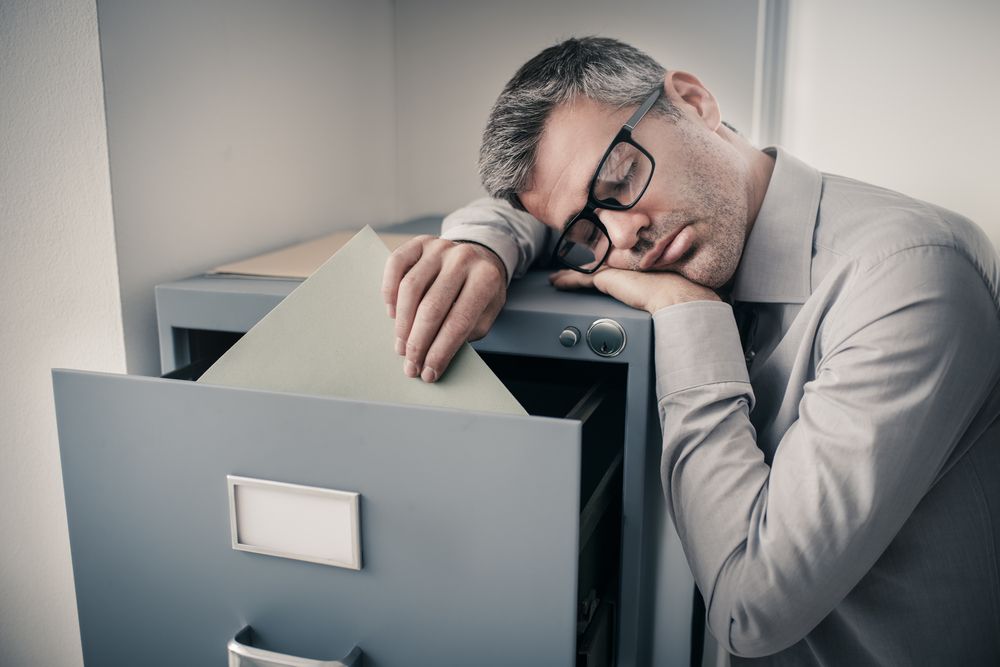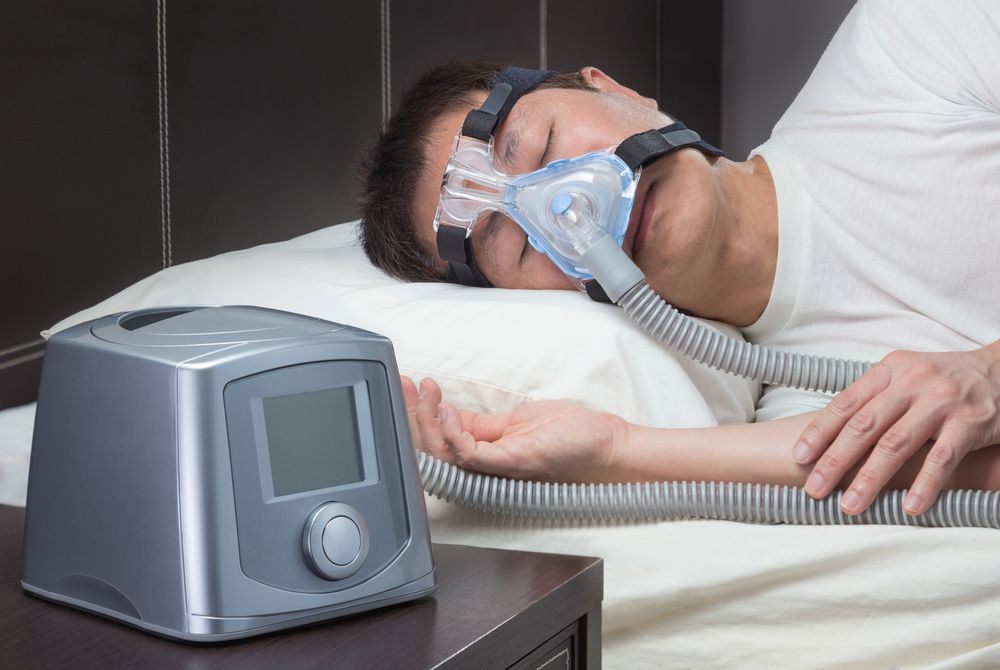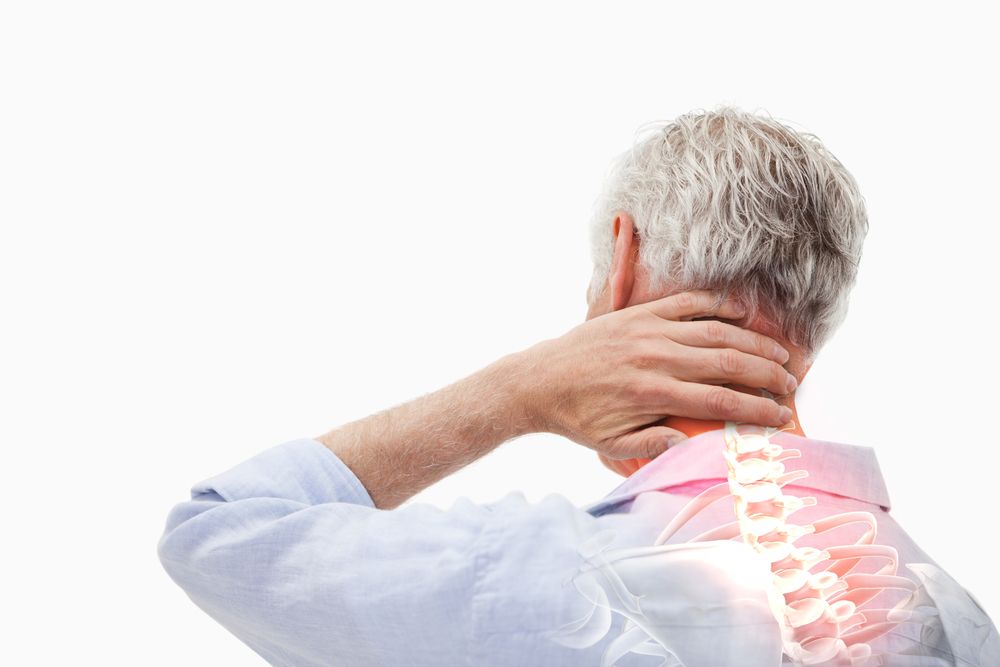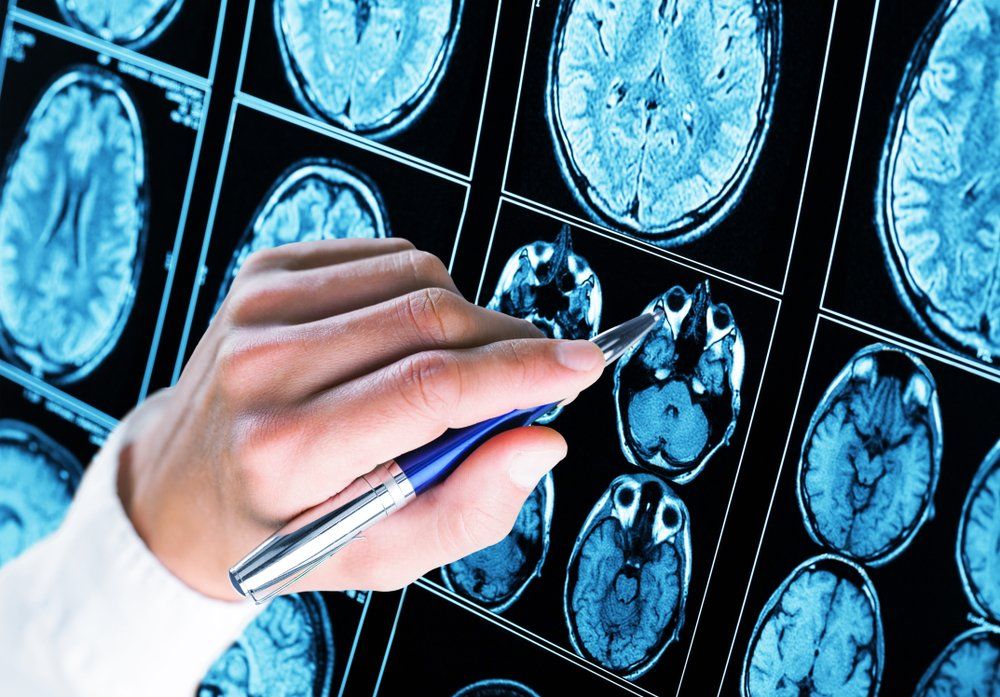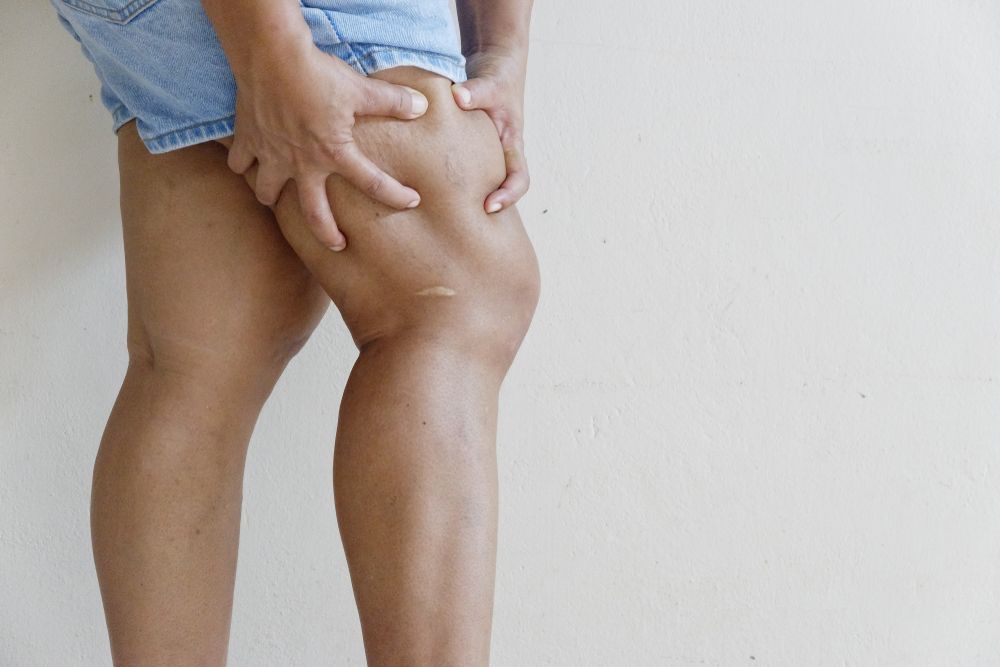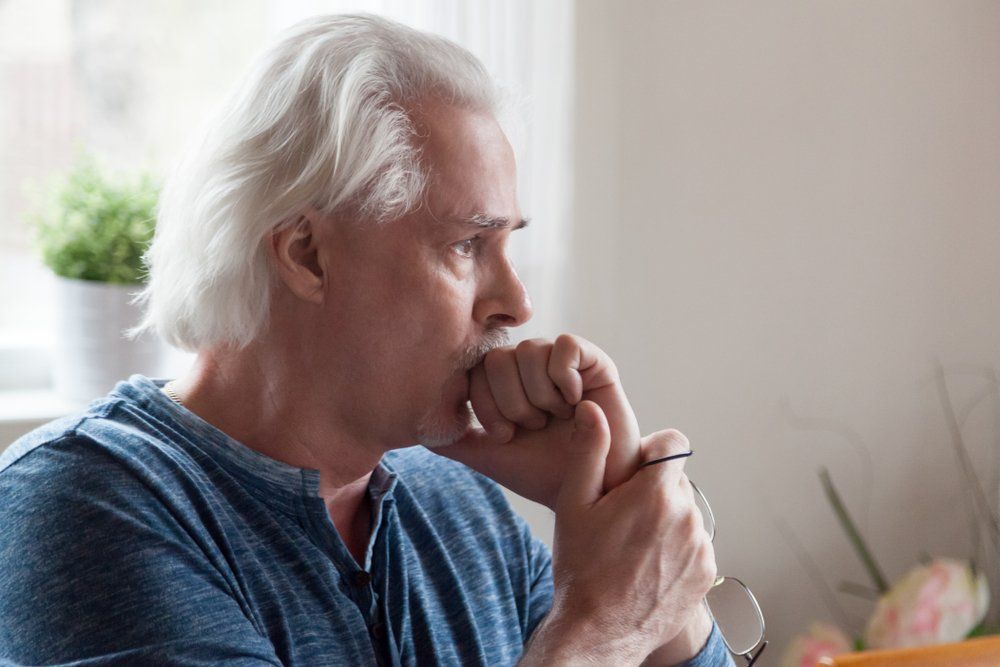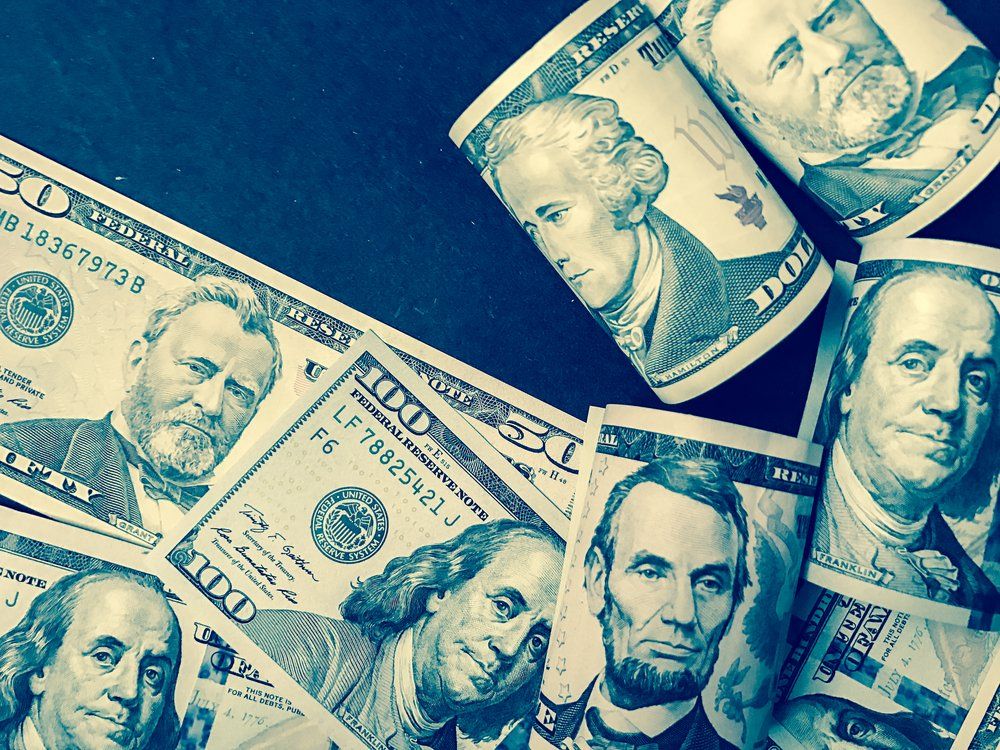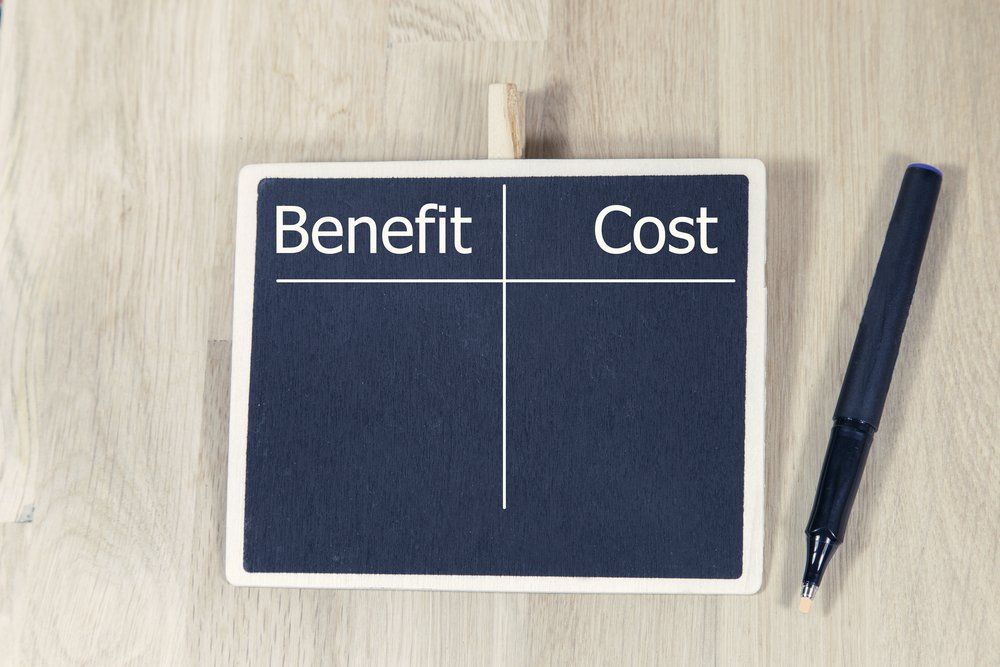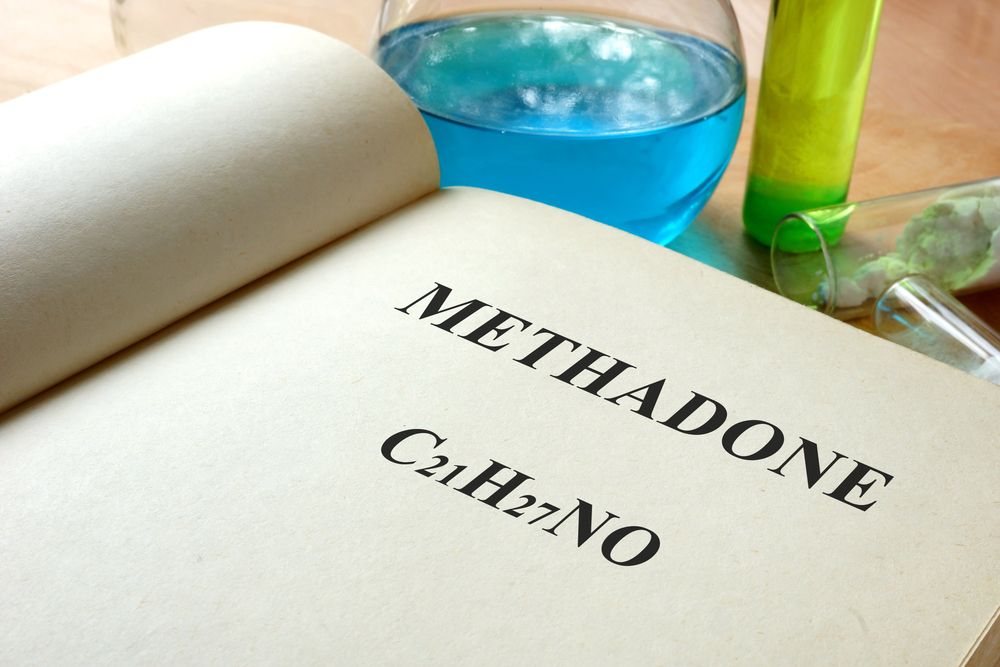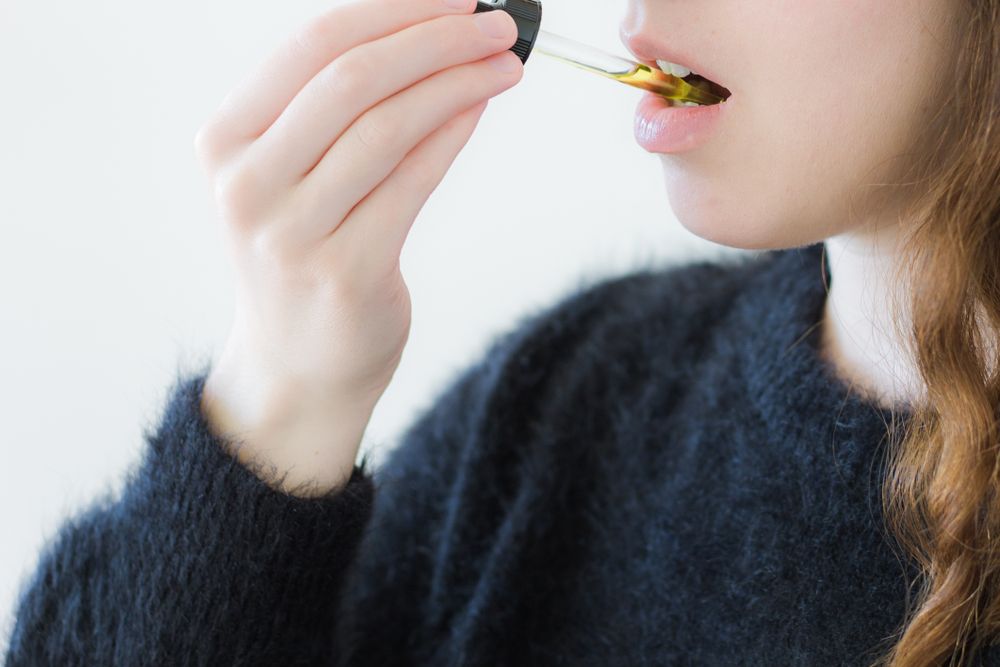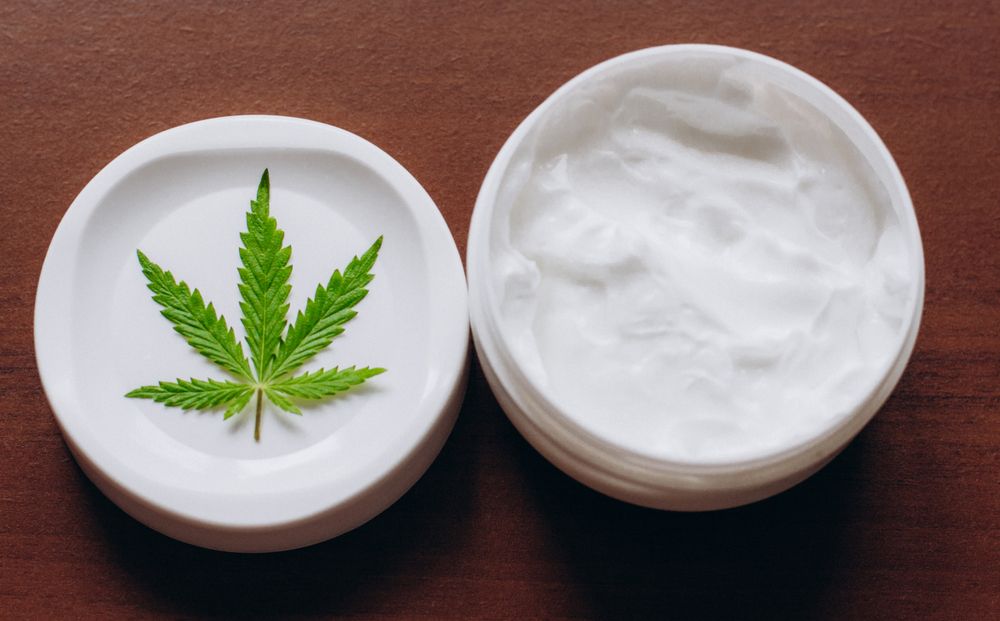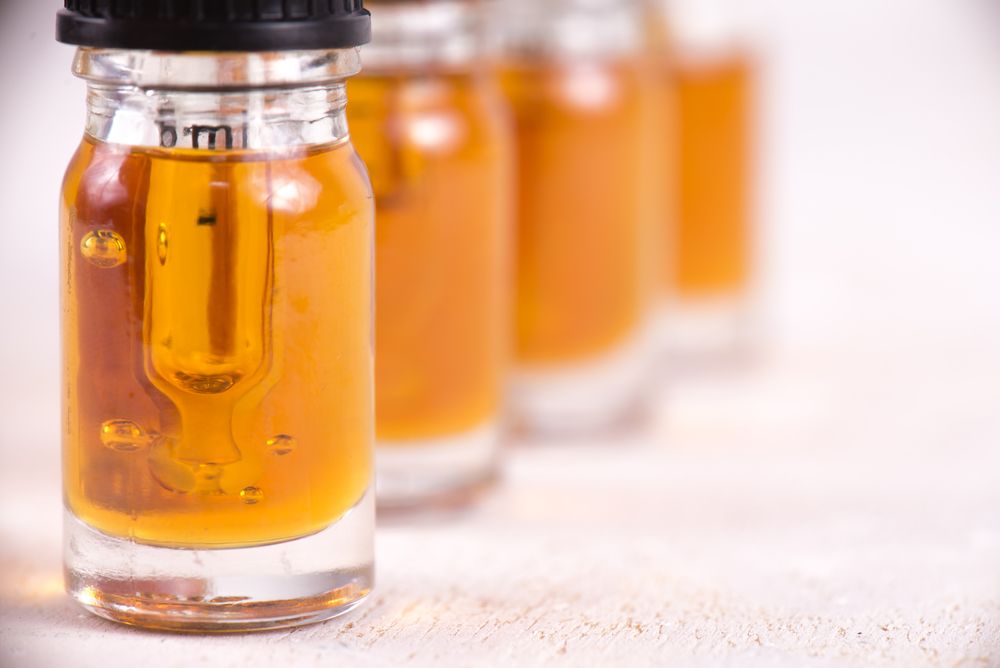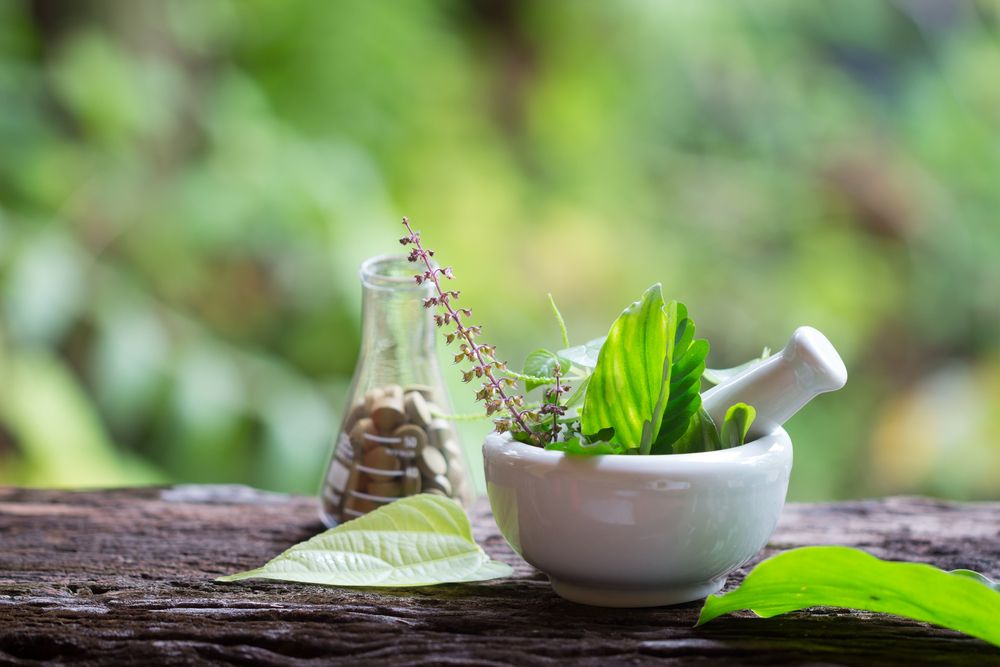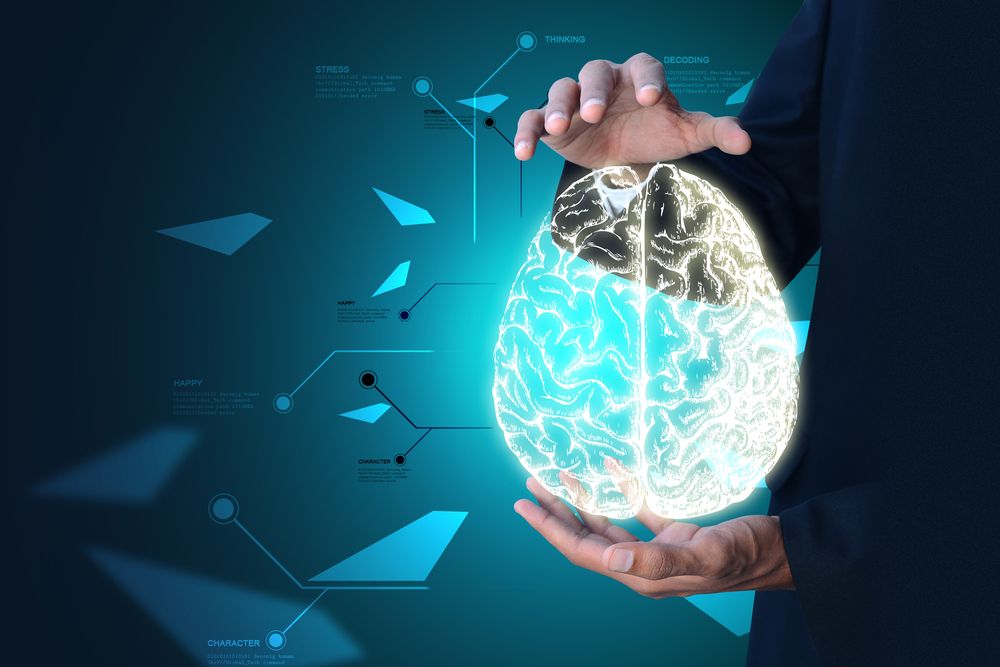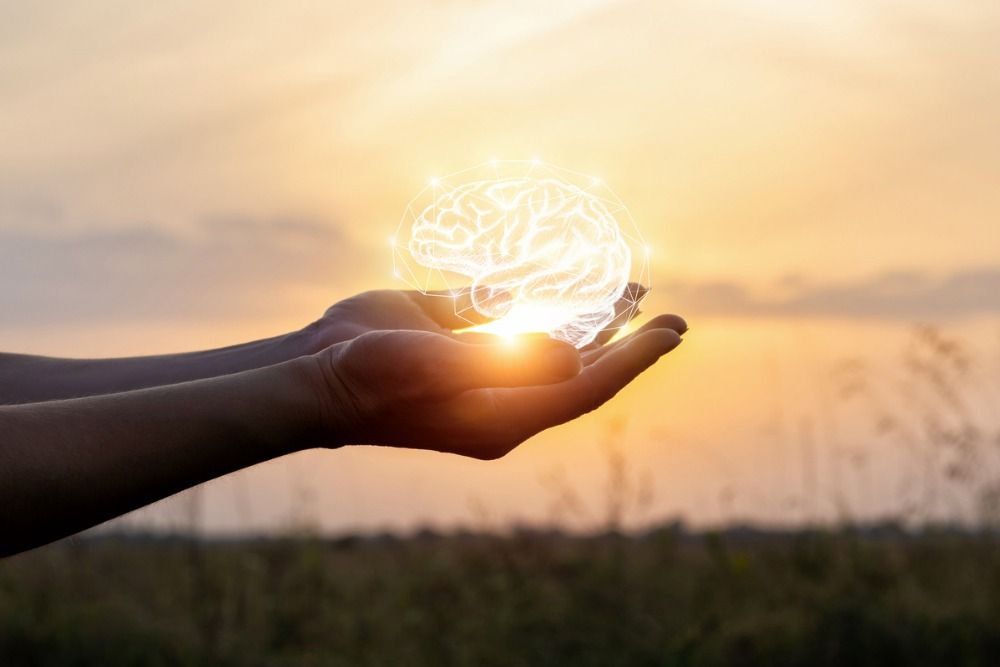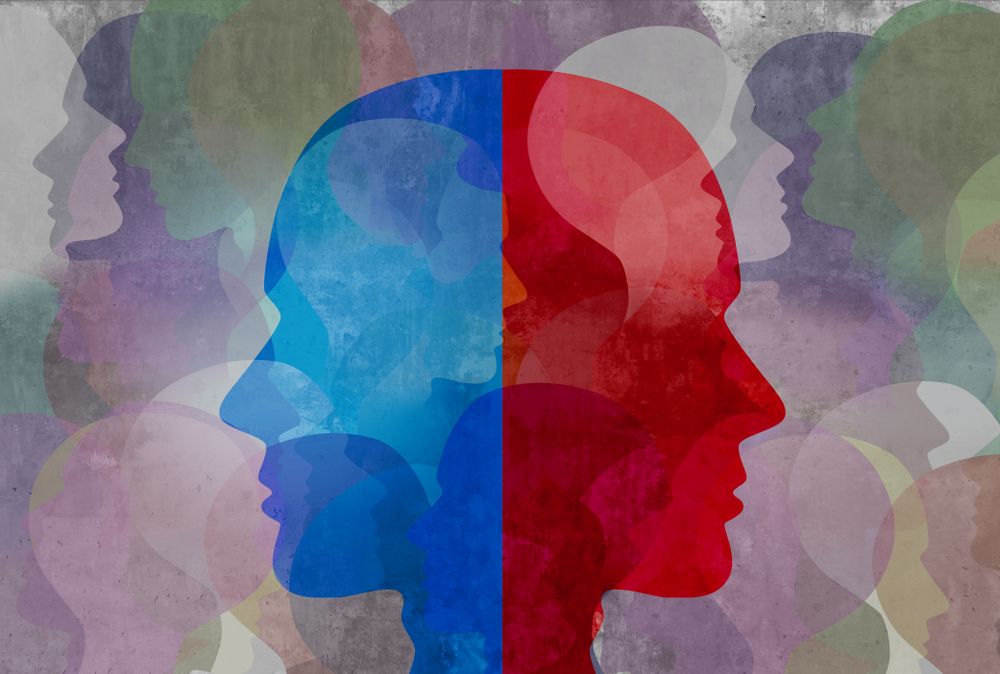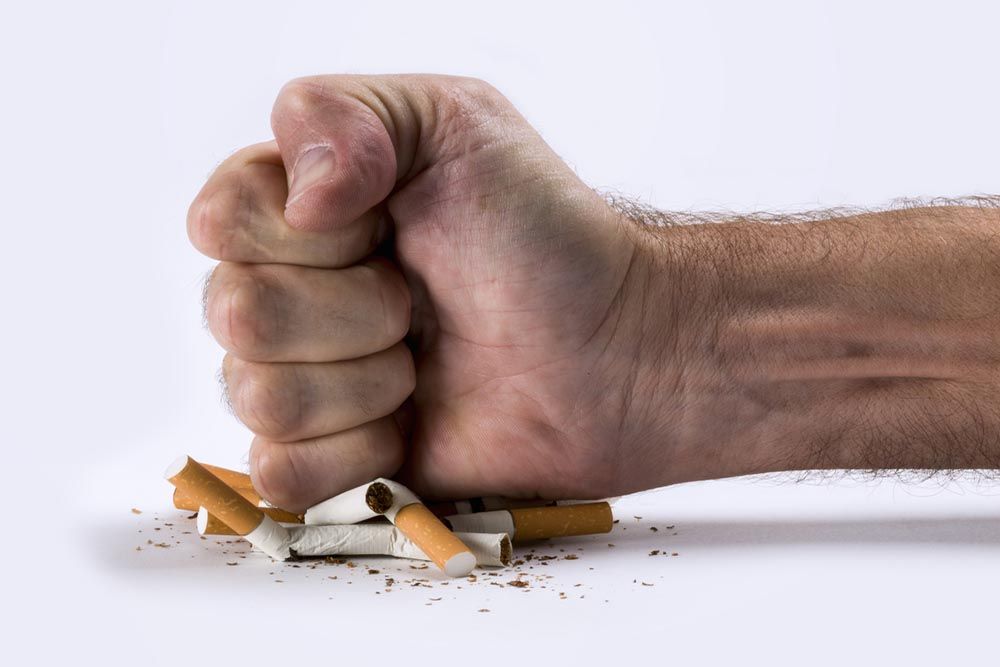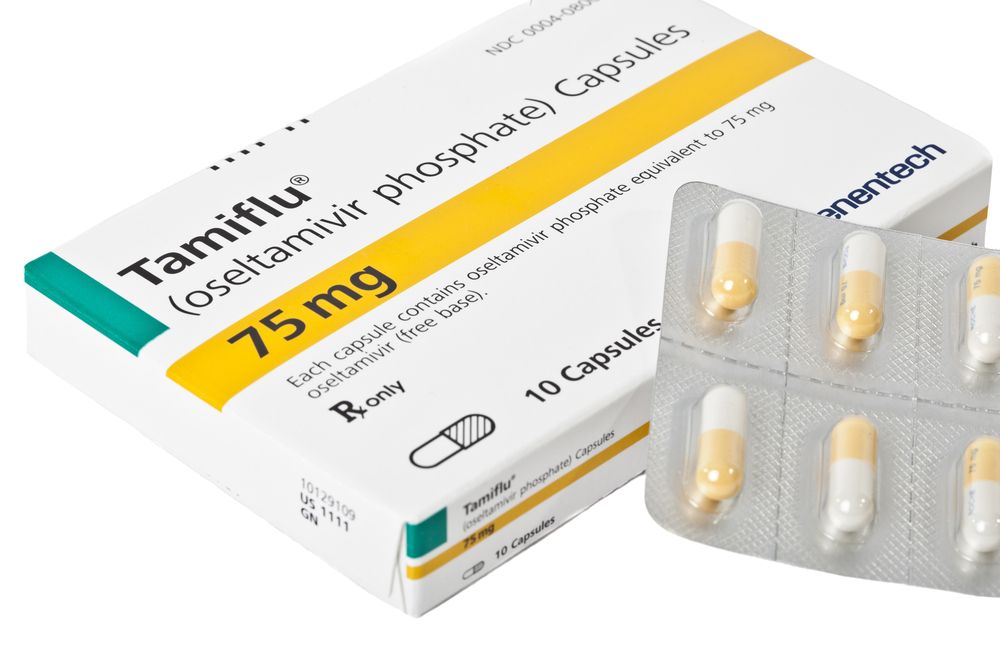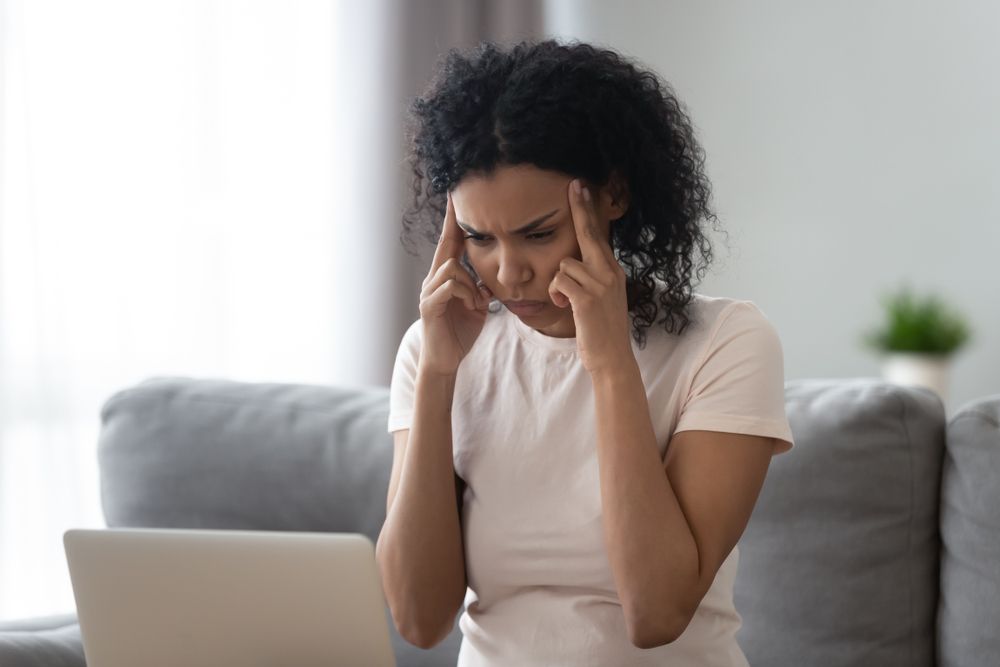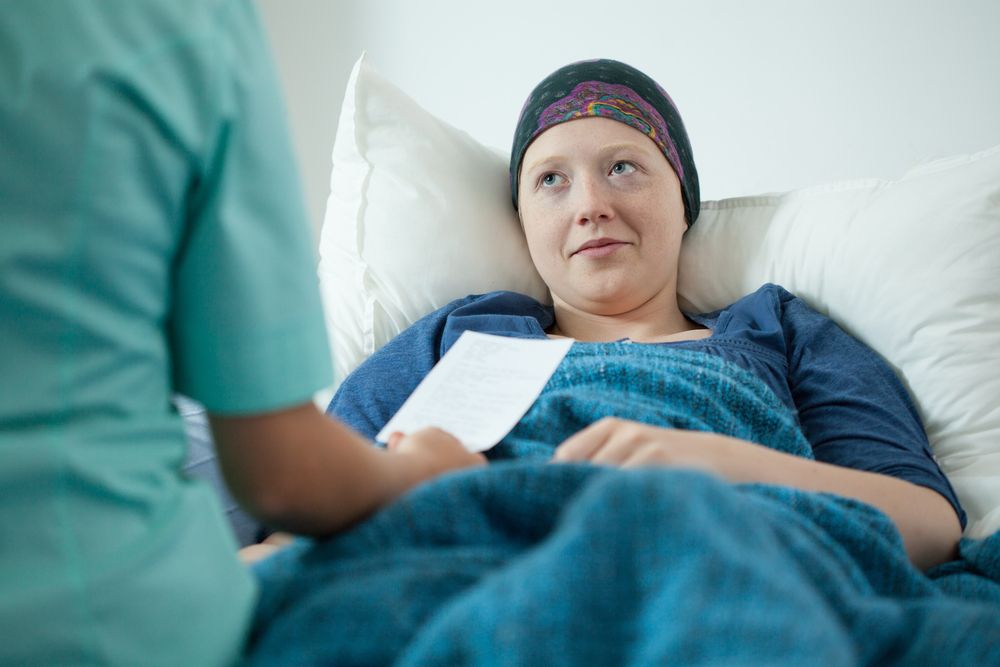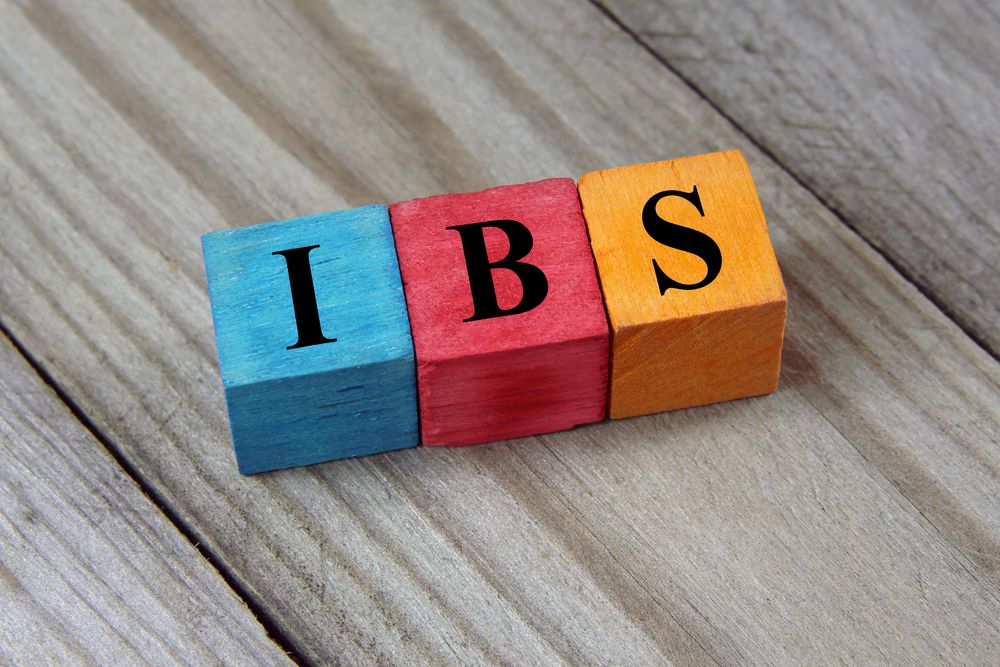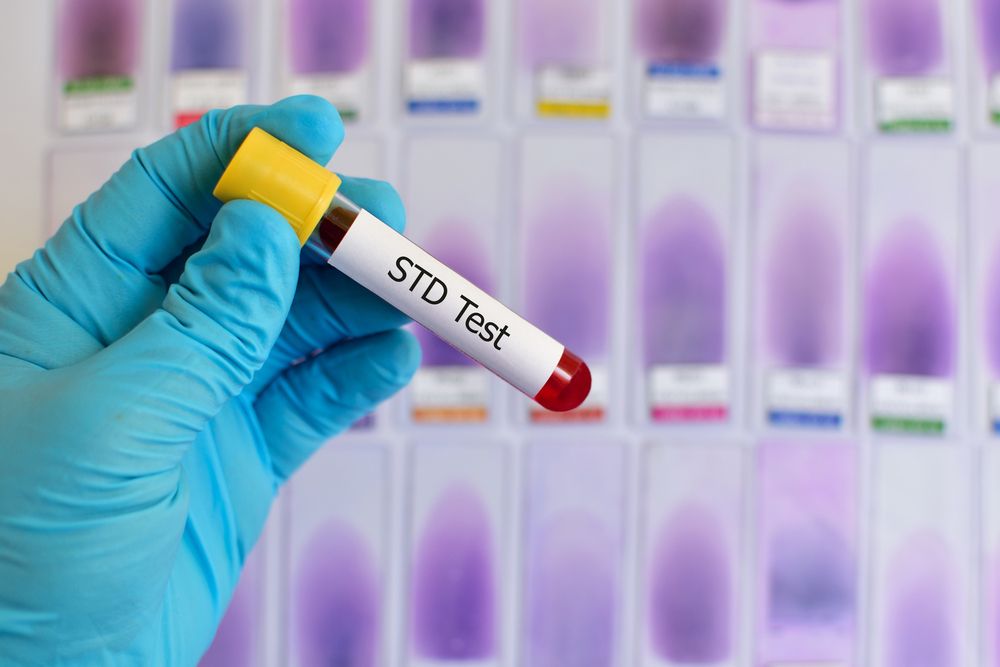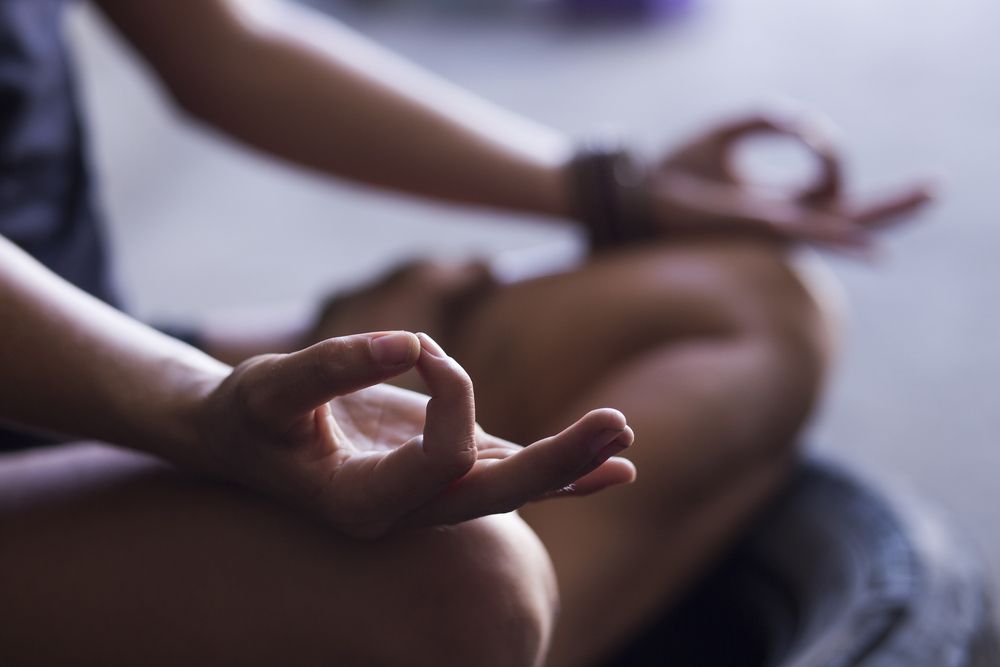Cannabidiol (CBD) is a substance that is found in the cannabis plant. (Learn More – What Is CBD?)
It is used to treat some medical conditions, (Learn More – How Is CBD Used?) and it may be useful in the treatment of some psychological disorders. (Learn More – CBD in the Treatment of Psychological Disorders)
Nonetheless, the current evidence for the use of CBD as a mental health treatment is limited. There is some evidence that CBD may have a potential benefit in the treatment of anxiety, (Learn More – Research Evidence for the Treatment of Anxiety) but the current body of research needs to be expanded. (Learn More – Research Reviews)
Before using CBD to address anxiety, you should discuss your situation with a physician. (Learn More – First Steps)
Know that the use of CBD is associated with some potential side effects. (Learn More – Side Effects of CBD)
In addition to medication and psychotherapy, there are natural approaches you can use to lessen anxiety. (Learn More –Natural Interventions to Address Anxiety)
What Is CBD?
Cannabidiol (CBD) is a chemical compound that is found in the cannabis plant. It has received significant attention regarding its potential medicinal uses as part of the drive to promote medical marijuana in the United States.
Along with delta-9-tetrahydrocannabinol (THC), CBD is the most studied compound from the cannabis plant. The plant consists of several other compounds that may also receive attention in the future.
CBD products have been approved to treat the following conditions:
- Seizures in people with rare forms of epilepsy.
- Chronic pain associated with chemotherapy or cancer.
- Weight Loss associated with HIV or chemotherapy.
How Is CBD Used?
CBD does not produce the psychoactive effects that THC does, and, therefore, will not get users high.
CBD is marketed to be used orally in the form of tablets, capsules, powders, or oils. It is also available in mixtures with alcohol and as gels and creams that can be rubbed on various parts of the body.
CBD in the Treatment of Psychological Disorders
CBD has not been formally approved to treat any mental health disorder, but it may have some potential benefits. Some researchers have found evidence that CBD affects specific serotonin receptors that are believed  to be associated with the development of major depressive disorder and some anxiety disorders.
to be associated with the development of major depressive disorder and some anxiety disorders.
It is also thought that CBD may affect a neurotransmitter known as anandamide. It may lessen brain stimulation by reducing blood flow or moderating the firing of neurons in the brain. Thus, CBD may be useful in treating certain psychological disorders.
The research on CBD’s ability to treat psychiatric disorders is in its early stages. Online testimonials are strictly anecdotal, meaning they are not reliable in terms of establishing the clinical benefits of the substance.
There are numerous claims that CBD is a panacea, but the mere use of this word typically signals a substance is receiving far more credit than it deserves. For instance, antidepressants like Prozac and even drugs like cocaine were once claimed to be potential solutions for numerous types of ailments.
Research Evidence for the Treatment of Anxiety
The evidence that CBD may be useful in the treatment of anxiety disorders is primarily limited to studies done on animals like rodents and small groups of humans. As of now, the scientific evidence of CBD’s ability to reduce stress and physical symptoms associated with anxiety disorders is limited to rodents.
Some research studies in humans have found CBD to decrease anxiety in patients with social phobia and post-traumatic stress disorder (PTSD). CBD may also lessen other symptoms of PTSD like flashbacks and nightmares about the stress-producing event.
Research Reviews
More comprehensive reviews of CBD as an anxiety disorder treatment conclude that there is not enough scientific evidence to recommend it as an effective treatment for these disorders.
Current research methods on the subject are not entirely up to par for the type of evidence needed to convince  researchers and clinicians that CBD can be of medicinal use for anxiety or depression. At the time of this writing, the research looks promising, but studies need to have improved methods before any definitive findings are accepted.
researchers and clinicians that CBD can be of medicinal use for anxiety or depression. At the time of this writing, the research looks promising, but studies need to have improved methods before any definitive findings are accepted.
Currently, there is no evidence to suggest that CBD works better than psychotherapy for anxiety disorders. It is generally accepted that medications like benzodiazepines should only be undertaken as a treatment for anxiety disorders for the short term. Psychotherapy offers a greater likelihood of long-standing change compared to the use of medications.
First Steps
If you have a diagnosable anxiety disorder and want to try CBD, talk to your doctor first. You should also consult with a mental health care clinician, such as a psychiatrist or psychologist.
Never attempt to treat anxiety disorder with CBD without first consulting a mental health clinician or physician.
Do not attempt to use any medication or other substances to treat anxiety that occurs as a result of everyday living. Some level of anxiety is normal in life and does not require treatment. Discuss your anxiety with a professional to determine if you are suffering from an anxiety disorder.
Side Effects of CBD
Although the staunchest supporters of medical marijuana products claim there are no side effects of CBD, research studies have shown otherwise.
Some of the recognized side effects of CBD include:
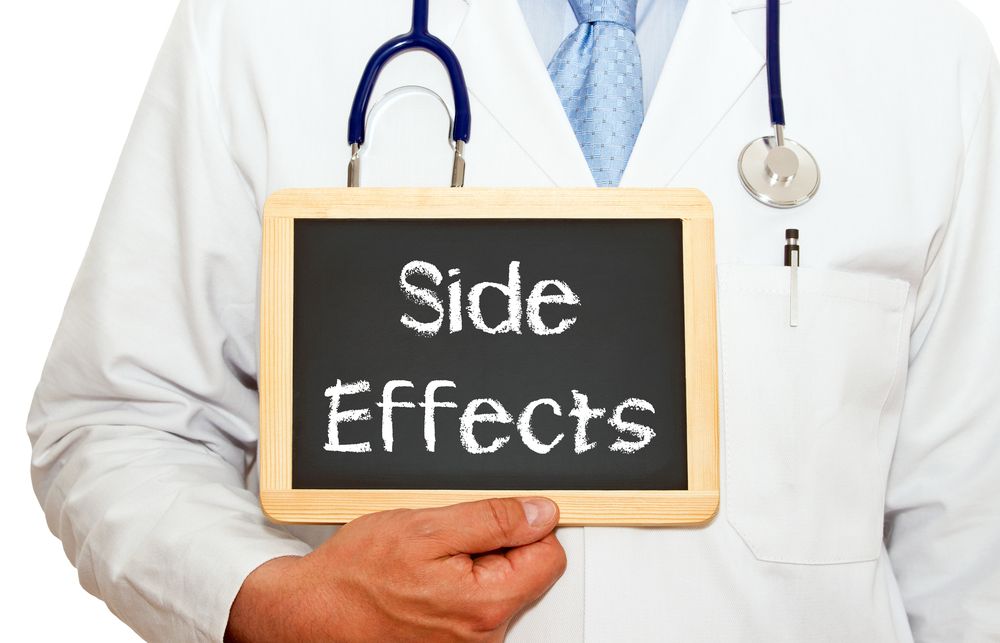
- Changes in appetite
- Changes in weight (usually weight gain)
- Diarrhea
- Jitteriness or anxiety
- Lethargy or drowsiness
- Dry mouth
- Hypotension (low blood pressure)
CBD may have the potential to interact with other medications, similar to the effect of grapefruit. If not monitored correctly, CBD use may cause organ damage.
Natural Interventions to Address Anxiety
If you suffer from anxiety, consult a physician. Certain medical conditions may produce feelings of anxiety, such as hyperthyroidism or cardiovascular disease.
If it is determined that a medical condition is not the root of your anxiety, some natural interventions can help reduce stress and anxiety.
- Exercise is one of the most common ways to deal with anxiety and stress. Typically, any form of exercise has anxiety-reducing properties. Check with your physician before starting any exercise program.
- Stress management techniques and meditation can reduce anxiety levels. Stress management can be learned as part of psychotherapy for anxiety.
- Finding a creative way to express yourself, such as writing or painting, can lessen anxiety.
- Some herbal teas, such as chamomile tea, may have an anxiety-reducing effect. Always discuss the use of any herbs with your physician.
- Honing organization and time management skills can reduce anxiety.
- Animal therapy or having a pet is a well-known stress reliever. Animal-assisted therapies can capitalize on the anxiety-reducing benefits.
References
Acute Effects of a Single, Oral Dose of d9-tetrahydrocannabinol (THC) and Cannabidiol (CBD) Administration in Healthy Volunteers. (November 2012). Current Pharmaceutical Design.
Antidepressant-Like Effect Induced by Cannabidiol Is Dependent on Brain Serotonin Levels. (August 2018). Progress in Neuro-Psychopharmacology and Biological Psychiatry.
A Personal Retrospective: Elevating Anandamide (AEA) by Targeting Fatty Acid Amide Hydrolase (FAAH) and the Fatty Acid Binding Proteins (FABPs). (October 2016). Frontiers in Pharmacology.
Cannabidiol (CBD) Reduces Anxiety-Related Behavior in Mice via an FMRP-Independent Mechanism. (June 2019). Pharmacology Biochemistry and Behavior.
Chapter e13 – The Anxiolytic Effects of Cannabidiol (CBD). (January 2017). Biology, Pharmacology, Diagnosis, and Treatment.
Cannabidiol in the Treatment of Post-Traumatic Stress Disorder: A Case Series. (April 2019). The Journal of Alternative and Complementary Medicine.
Is There a Role for Cannabidiol in Psychiatry? (February 2017). The World Journal of Biological Psychiatry.
An Update on Safety and Side Effects of Cannabidiol: A Review of Clinical Data and Relevant Animal Studies. (June 2017). Cannabis and Cannabinoid Research.


